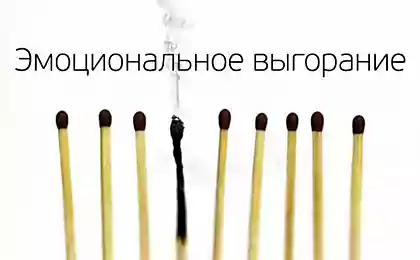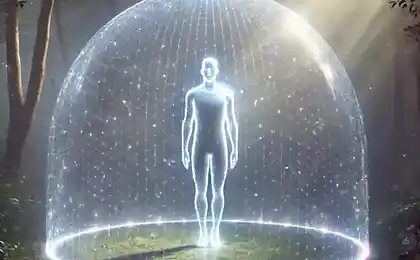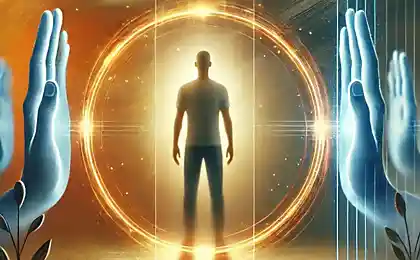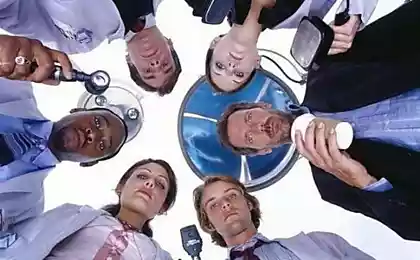171
The syndrome of the internal censor: how the phrase “I can” rebuilds the psyche

When “no” becomes a prison without walls
In 2021, Harvard psychologists found that the average adult wears 127 unspoken bans, ranging from “you can’t ask for help” to “you can’t rejoice for no reason.” These self-restrictions activate the islet lobe of the brain responsible for physical pain. Why do we build our own cages?
4 Types of Toxic Permits

- Cultural memes - "Decent girls don't do that."
- Parental messages - Don't stand out.
- Traumatic vows - "I'll never trust you again."
- Professional masks “Real leaders don’t get tired.”
Dr. Martha Beck, author of Finding Your Own North Star
Neuroplastic Self-Resolving: How It Works
Experiment of the University of Zurich
Participants who said “I can” for 30 days showed +17% gray matter in the prefrontal cortex (decision zone).
The Snowball Effect
The first resolution triggers a chain reaction: 83% of subjects spontaneously removed other inhibitions (Journal of Positive Psychology).

5 Steps to Existential Freedom
DayTaskEffect1-7Fix automatic "cannot"Awareness of patterns8-21Transform 1 ban per dayNeuroplastic changes
When “possible” becomes dangerous: the boundaries of healthy selfishness
It's important.
Psychologist Paul Bloom (Yale) warns that blind self-resolution without reflection leads to narcissistic shifts. The key is a balance between “you can do yourself” and “you can do others.” The ideal score is 3:1 in favor of yourself (Journal of Personality study).

Conclusion: The One Word Revolution
As Viktor Frankl once said, “Between stimulus and reaction is freedom of choice.” “I can” is not selfishness, but the right to rewrite the script of my life. Start small: allow yourself today what was denied yesterday. Neurons are waiting for new roads.
How to stop responding to hurtful words. Is criticism constructive?
Human Mirrors: How Others Reflect Your Hidden Self























